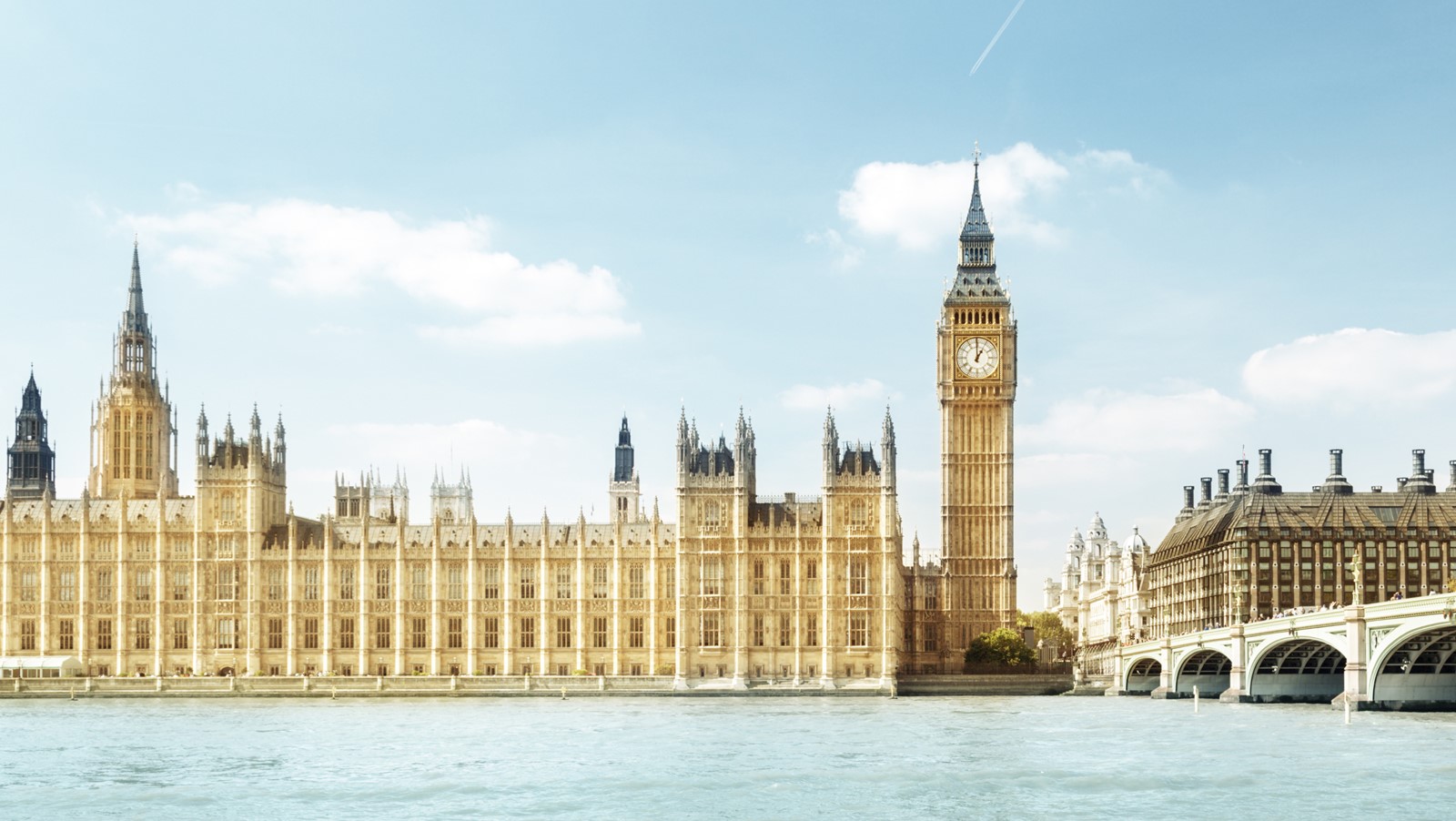The Government has published its long-awaited consultation on a new Major Conditions Strategy, that will include mental health.
The strategy will coordinate the Department for Health and Social Care in England’s approaches to cancer, cardiovascular disease, chronic respiratory disease, dementia, musculoskeletal disorders as well as mental health.
The Major Conditions Strategy replaces plans for the 10-year Mental Health Strategy.
We’re encouraging members to contribute to the call for evidence with views are being invited on how best to prevent, early diagnose, treat, and manage the six major groups of conditions.
Those suffering from one or more of the conditions are urged to provide insight into their experiences of managing their health needs.
Government is particularly interested in hearing from those who suffer from, care for or provide treatment to people who suffer from multiple long-term conditions.
Contributions are also encouraged from those working in NHS bodies, local government, the voluntary and community sector.
Particularly, it is seeking perspectives on how Government and the NHS can work better together with different organisations and sectors to improve the nation's health.
This call for evidence builds on two pieces of work carried out last year on mental health and cancer, the summaries of which have also been published. It also incorporates previous work looking at health disparities and dementia, while a separate National Suicide Prevention Strategy will be published later this year.
The Government received more than 5,000 responses from organisations and individuals to the mental health and well-being call for evidence, including BACP.
Key themes in responses included calls for more funding for services and support, access to services and the importance of system join-up, the relationship between physical health and mental health, the importance of support in the community and of training, education and awareness.
Steve Mulligan, our Four Nations Lead, said that although the new consultation was a chance to build on previous evidence and highlight new developments, he was disappointed it limits this to one question where respondents have a maximum of 500 words to provide additional evidence.
He added: "It’s crucial this new strategy urgently gets to grips with meeting the growing demand for mental health support, that’s been exacerbated by the pandemic and the cost of living crisis.
"It’s also crucial this new strategy ensures that counsellors and psychotherapists are fully recognised by the NHS and the Government as a key workforce in addressing this need.
"We share the concerns of many in the wider mental health sector, that moving this into an integrated strategy risks watering down the Government’s response to mental health.
"This is further compounded by a consultation process that greatly restricts responses relating to mental health."
"Merging the mental health plan with a Major Conditions Strategy additionally risks excluding children and young people, who are less likely to experience chronic ill-health, yet are the most likely to benefit from early intervention to protect their mental health. Prevention should be at the heart of the new plan for all the conditions it will cover.
"While the major conditions strategy acknowledges geographical disparities related to the priority conditions, it doesn't include action to tackle deep-rooted inequalities which urgently need cross-government action.
"We need to see much more concerted action to tackle the root causes of mental health and to provide all ages with the accessible care and support they need, backed by sustained investment."
The call for evidence is open now and closes on Tuesday 28 June.

What complaints tell us: January to March 2023
Rebecca Grace, Assistant Registrar for BACP, addresses therapy complaints, confidentiality, competence, boundaries, and power imbalances under the BACP Ethical Framework. BACP Learning from Practice, May 2023

News from BACP
Read our recent press releases, statements, campaigns and news for members.

Anxiety is
Our Anxiety is... campaign uses AI images to illustrate the symptoms of anxiety and aims to help you find a trained professional who can give you support
